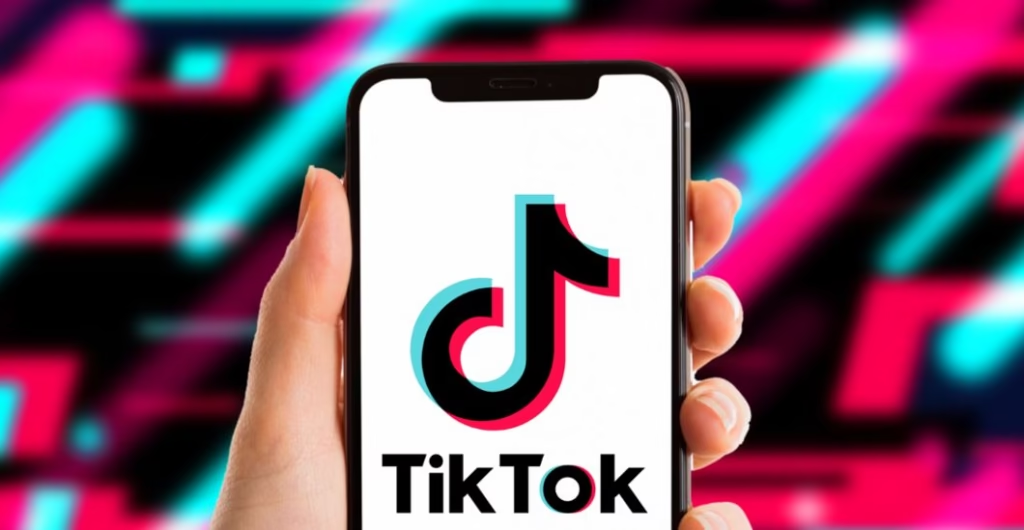Over a dozen US states have filed lawsuits against TikTok, claiming the social media company is contributing to a teen mental health crisis.
According to a bipartisan group of 14 attorneys general from across the nation, the company has purposefully misled the public about the safety of prolonged usage. It exploits addictive elements to lure kids to the program.
TikTok deemed the lawsuit “disappointing,” and it also stated that it thought many of the assertions were “inaccurate and misleading.”
Congress enacted a measure in April that would have prohibited the platform from operating in the United States unless its Chinese parent company, Bytedance, consented to a sale.
“TikTok is aware that millions of American children and teenagers’ mental health is suffering due to compulsive use and other negative consequences of its platform,” the lawsuit, which was filed in New York on Tuesday, stated.
“TikTok consistently misrepresents its platform as ‘safe’ [and suitable for children and teenagers’ despite such documented knowledge.”
According to New York Attorney General Letitia James, many people were feeling “more sad, anxious, and depressed because of TikTok’s addictive features,” and young people nationwide had died or been hurt while participating in TikTok “challenges.”
She mentioned the death of a 15-year-old boy in Manhattan who was “subway surfing,” or riding atop a moving subway car. According to his mother, she later discovered TikTok videos of this kind of activity on his phone.
In a statement announcing the case, Ms. James stated, “TikTok claims that their platform is safe for young people, but that is far from true.”
The lawsuit identifies certain features as problematic, including disappearing videos that encourage users to check the platform often, alarms that interfere with sleep, and beauty filters that let users enhance their appearance.
The lawsuit claims that TikTok has overstated the efficacy of tools it has touted to help users restrict screen time or change the content they are shown.
Thirteen states filed the complaints individually, and the attorney general of the District of Columbia also accused the corporation of operating an unlawful money transmission business through its “virtual currency” product.
“We strongly disagree with these claims, many of which we believe to be inaccurate and misleading,” TikTok stated on Tuesday.
“We will keep updating and improving our product because we are proud of the work we have done to protect teens and remain deeply committed to it.”
In addition to monetary fines, the action requests that the court prohibit TikTok from engaging in such behavior.
Similar lawsuits have been brought by regulators against Facebook and Instagram for their effects on the mental health of youth.
According to estimates, over half of US teenagers use the widely used app several times a day. The cases further compound the app’s legal troubles.
Similar lawsuits about kid safety have previously been launched against TikTok by states like Texas and Utah.
In August, the government’s watchdog, the Federal Trade Commission, charged TikTok with breaking rules about kid privacy.
The CEO of the nonprofit Center for Countering Digital Hate, Imran Ahmed, expressed optimism that the lawsuit will make parents more aware of the dangers posed by the platforms and put pressure on businesses to change their methods.
However, he added that for there to be any change, Washington would also need to make the law more stringent.
Regarding the lawsuits, he stated, “It sends a signal that there is growing frustration that there are no other mechanisms available… that will hold these platforms accountable.”
“The judicial system’s ability to hold these companies accountable is limited,” he said, adding that attorneys general “are doing what they can with the limited tools available to them.”



